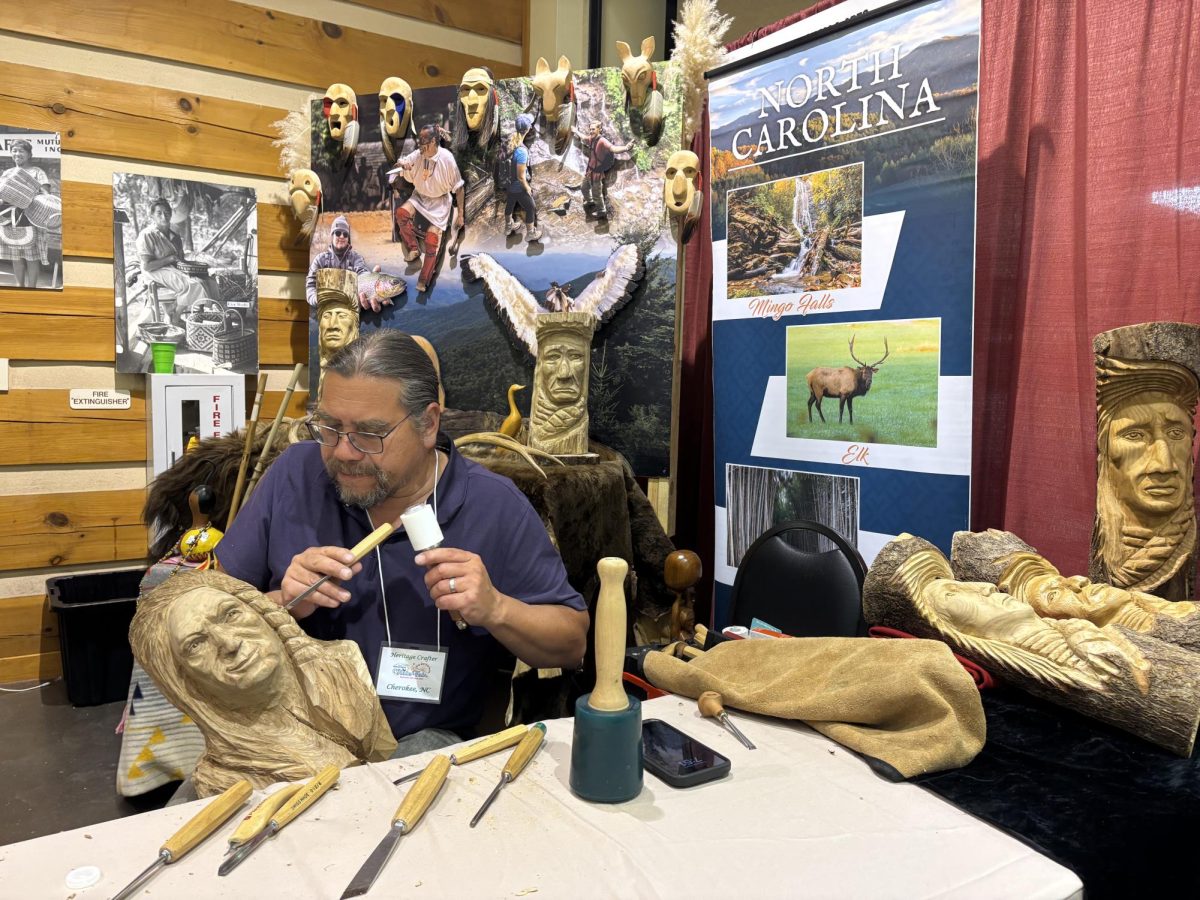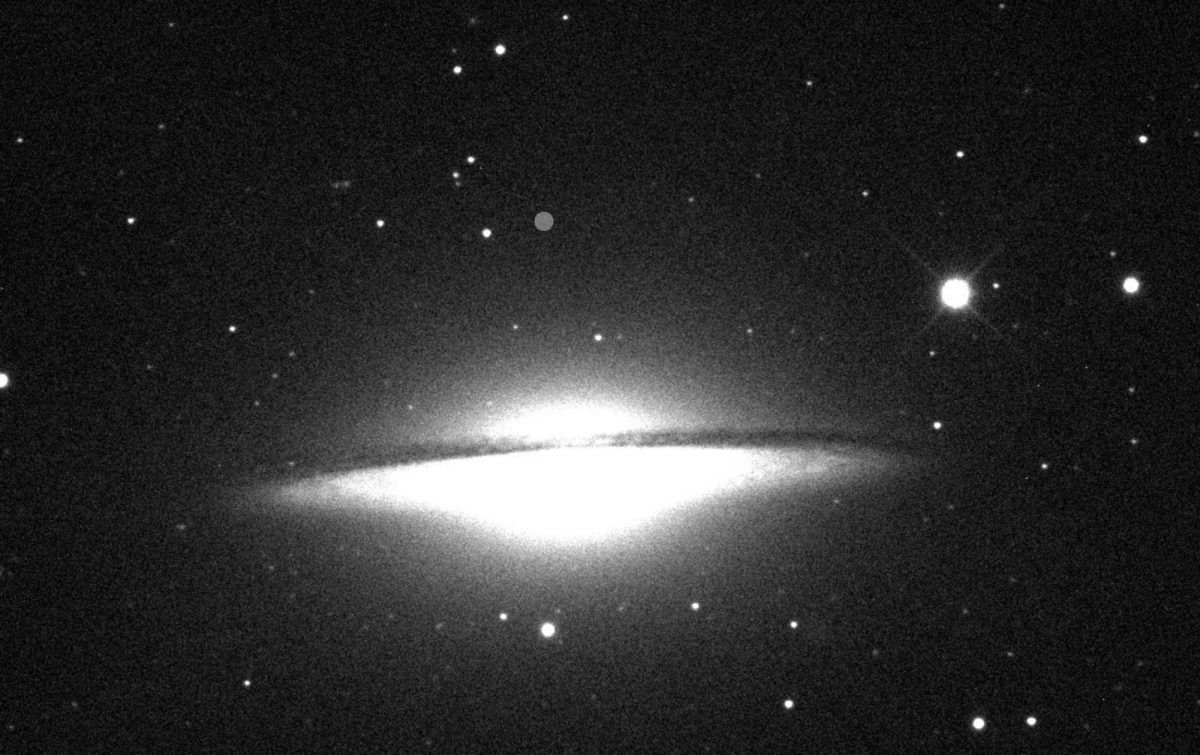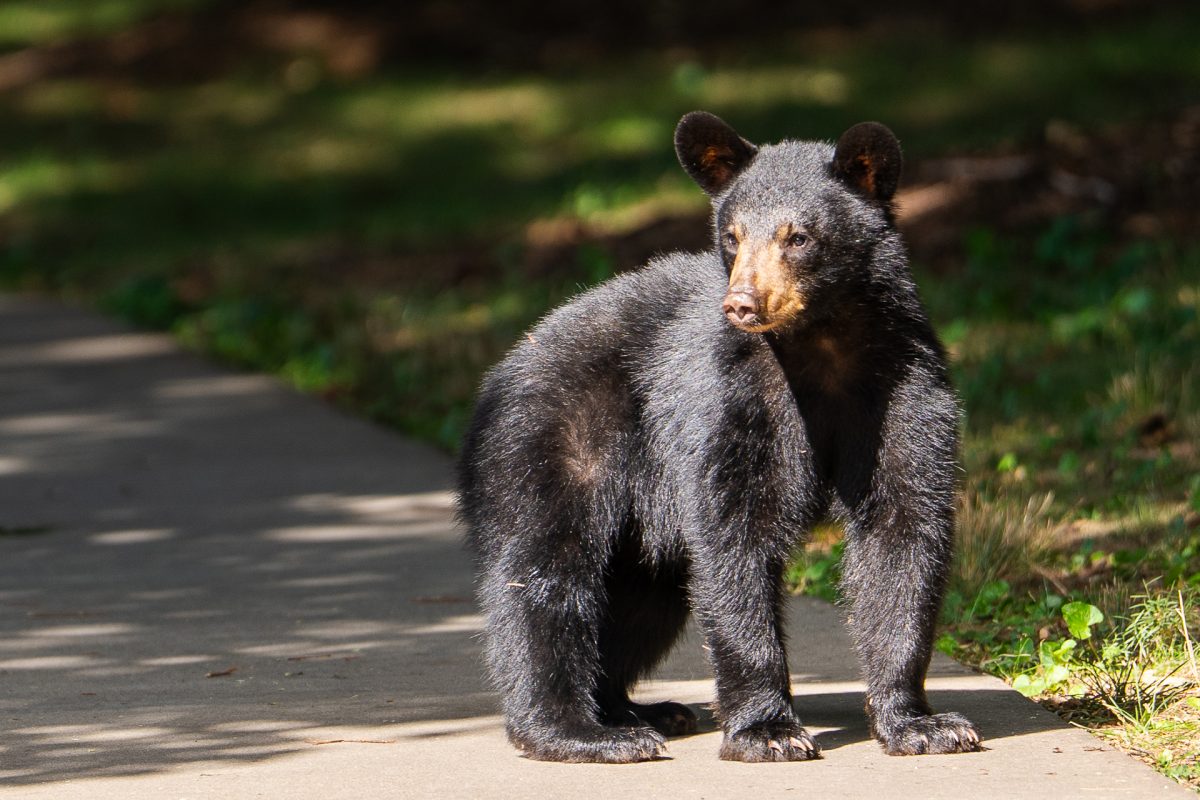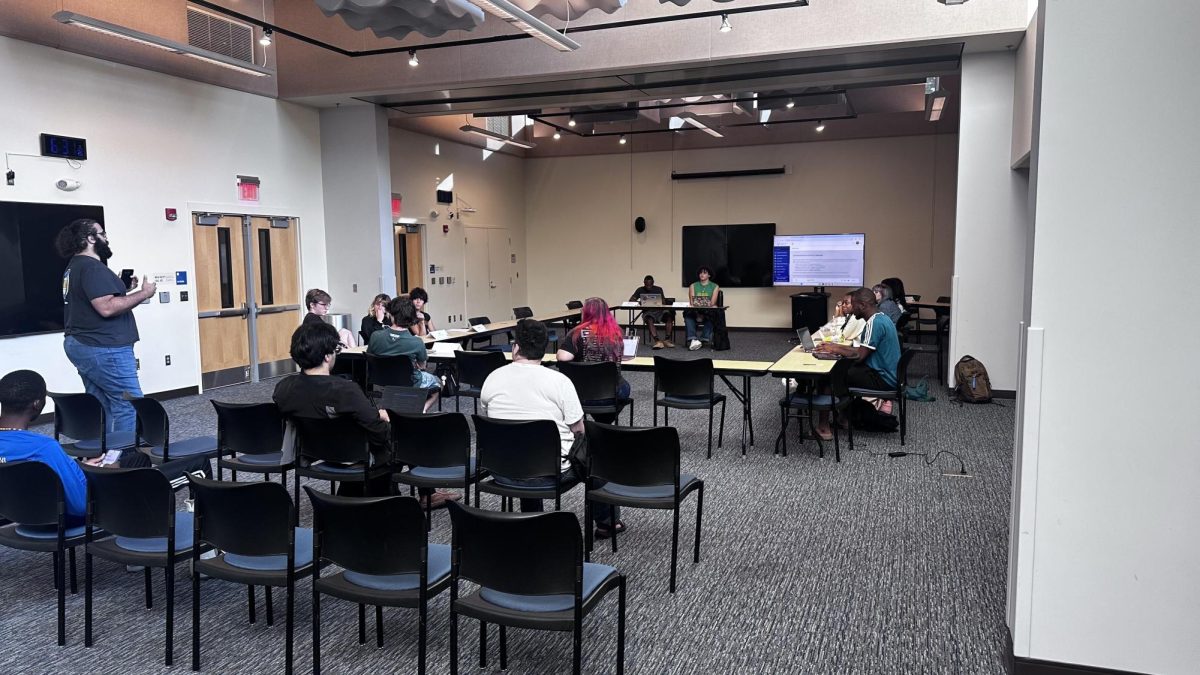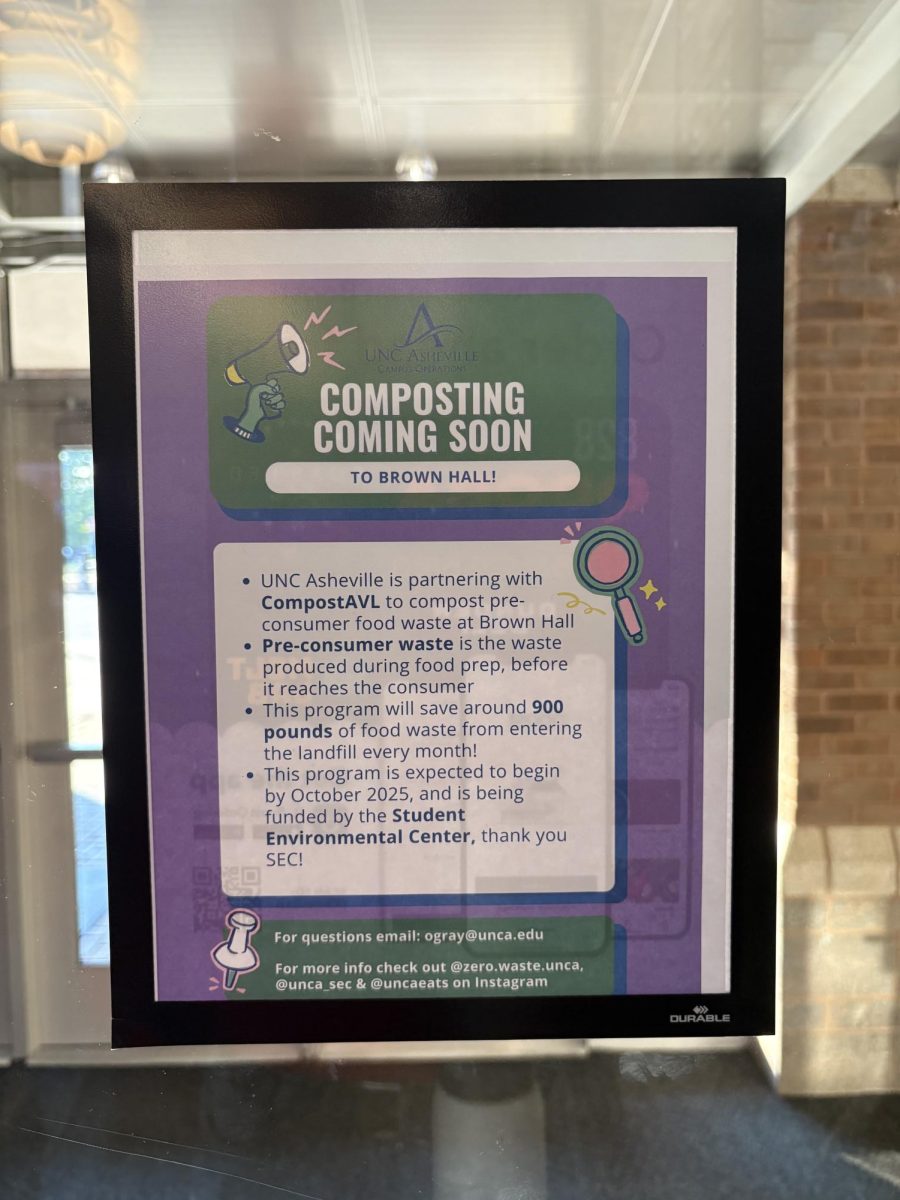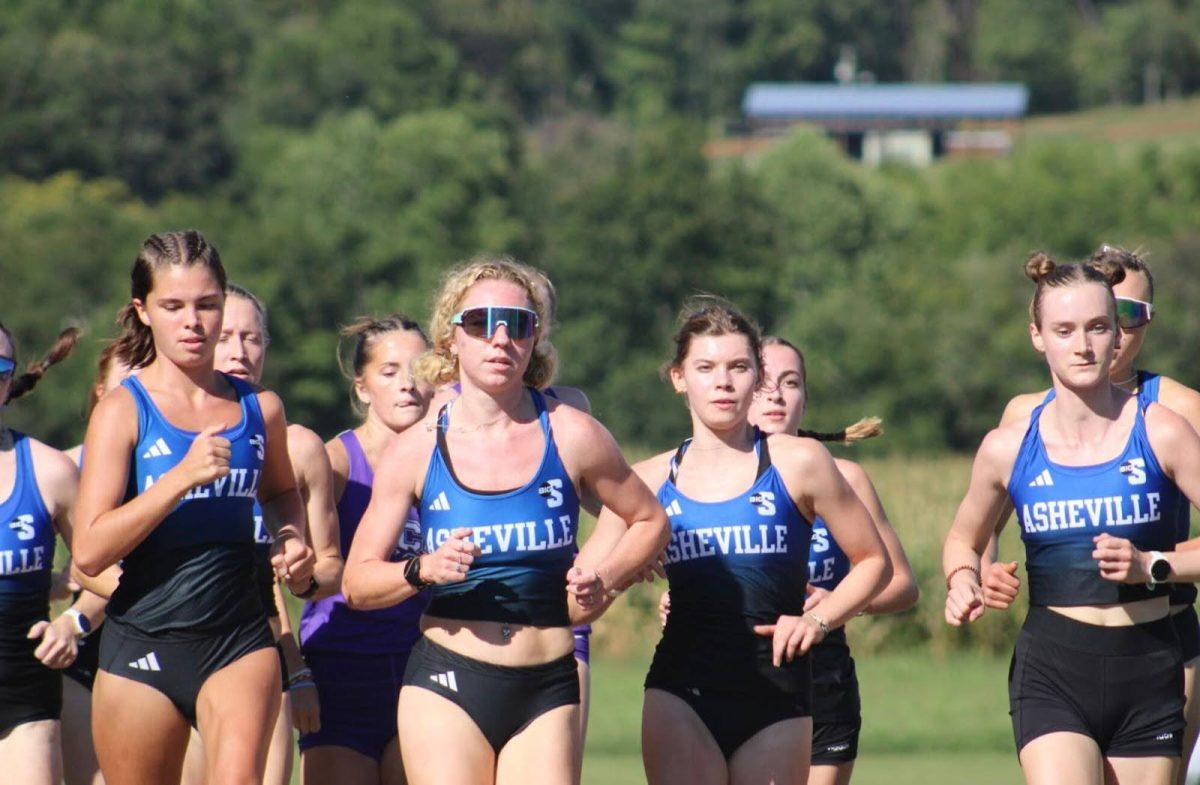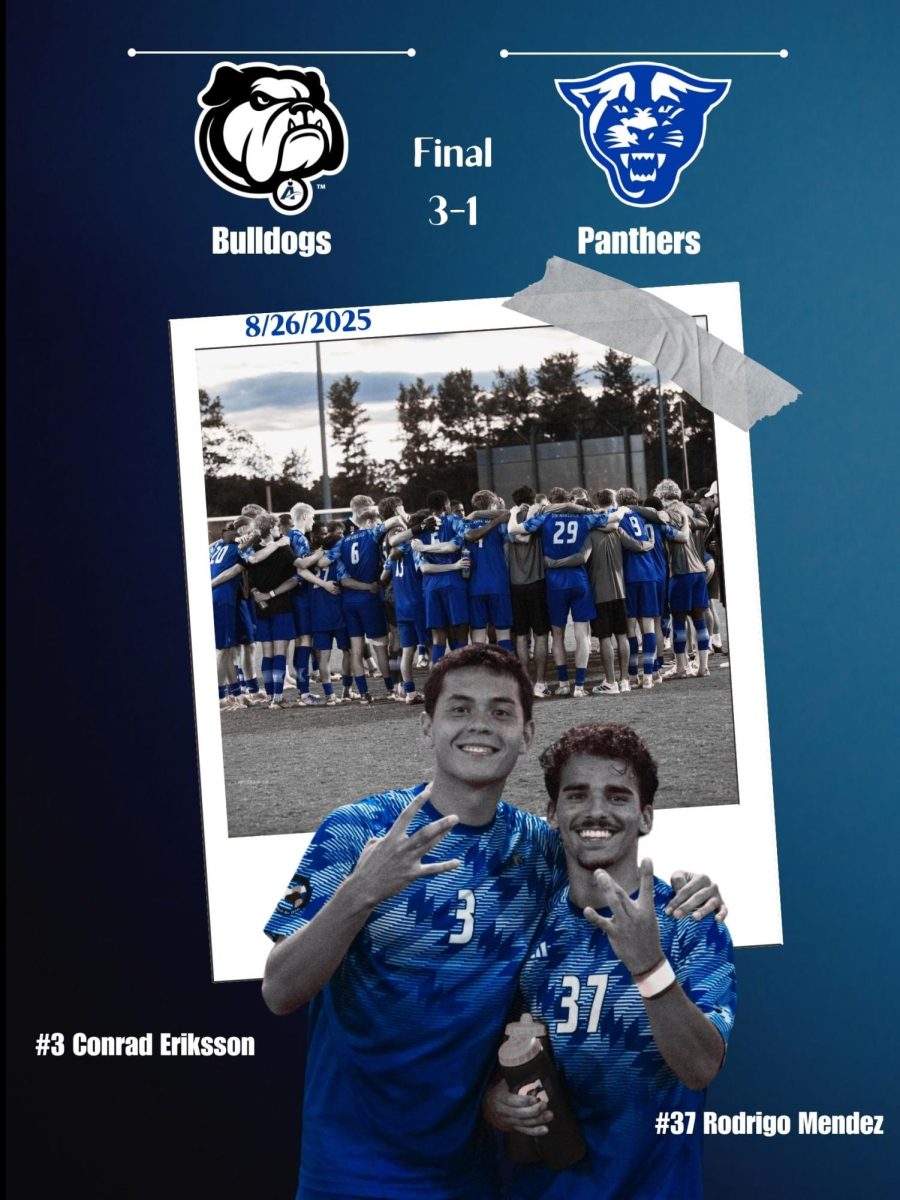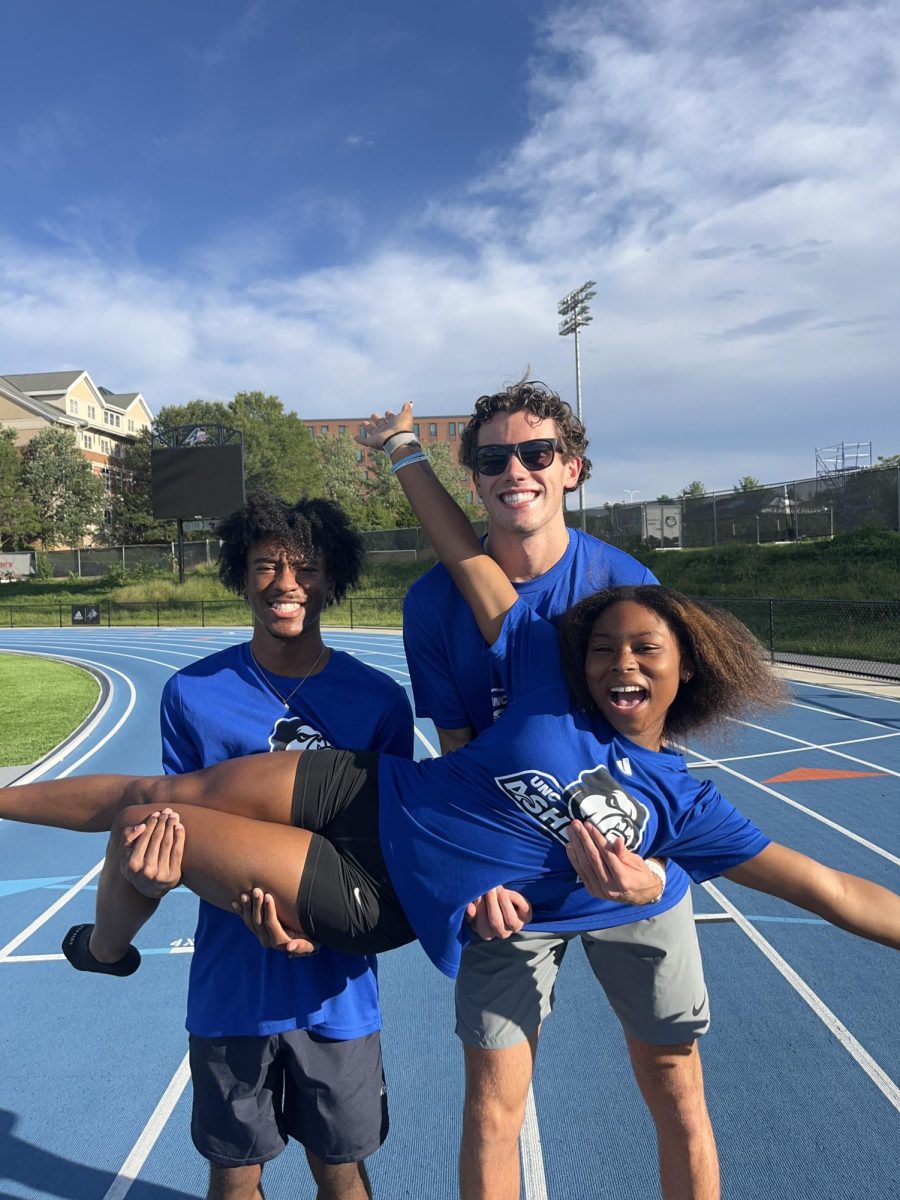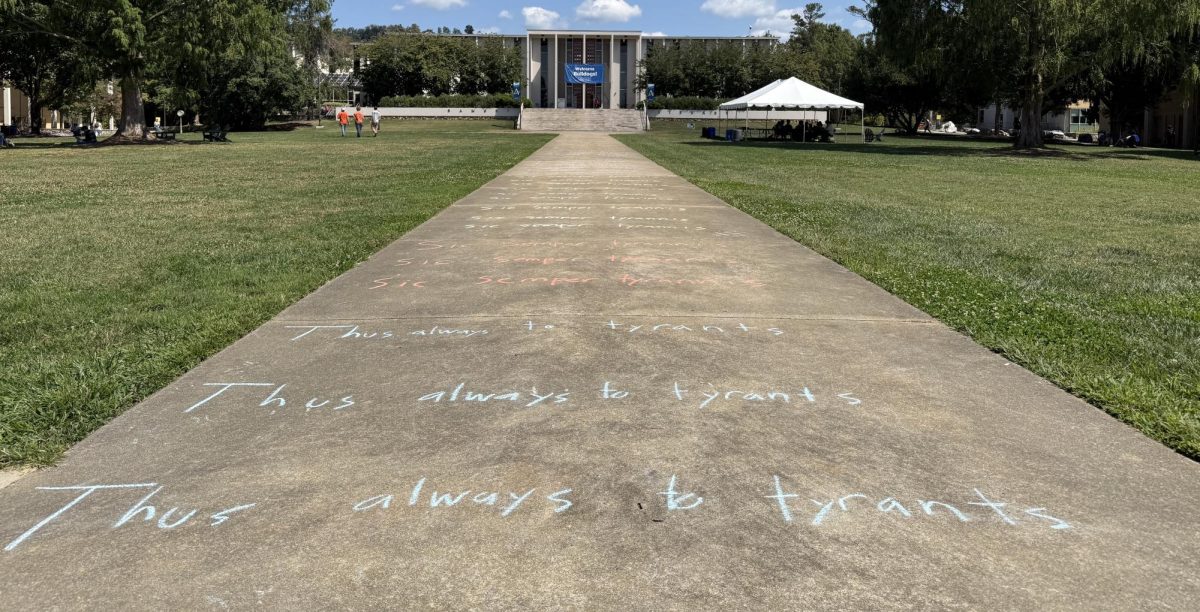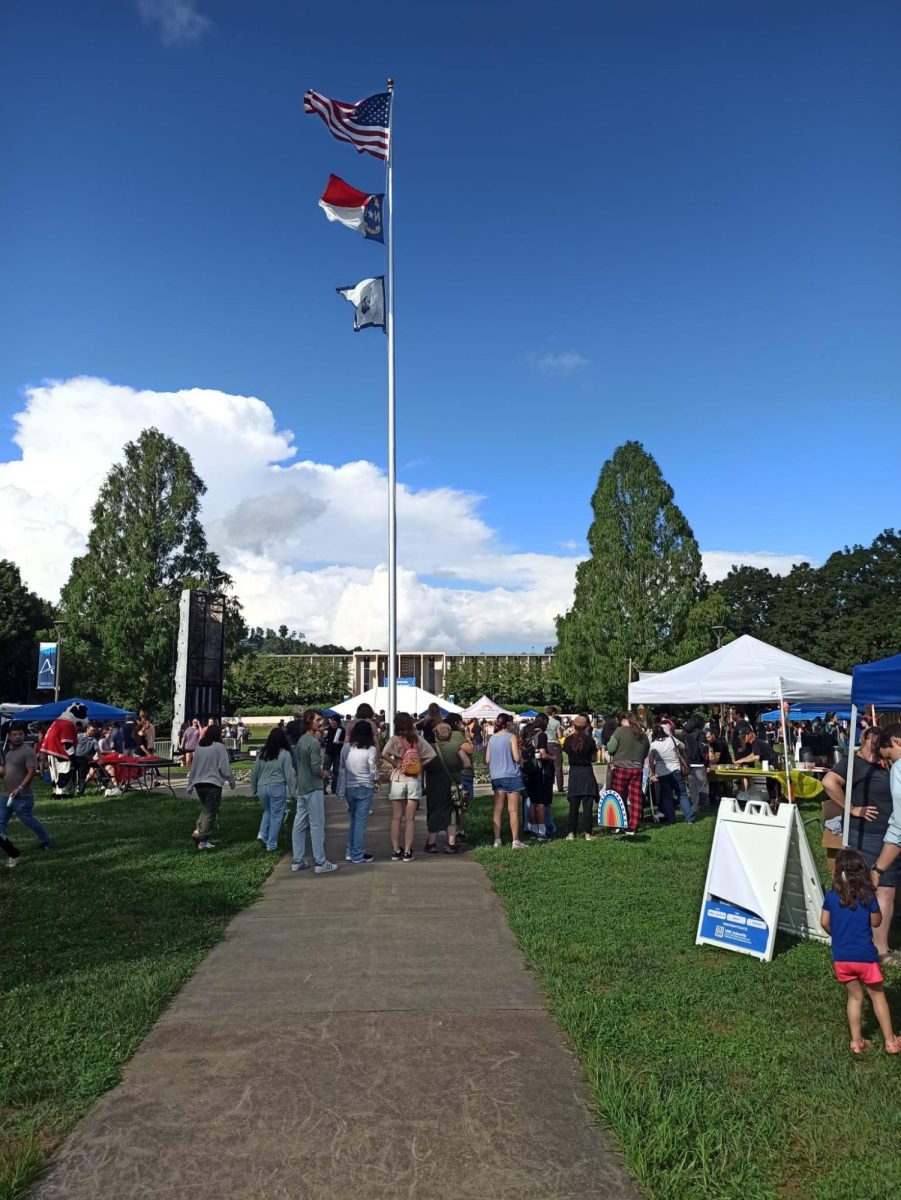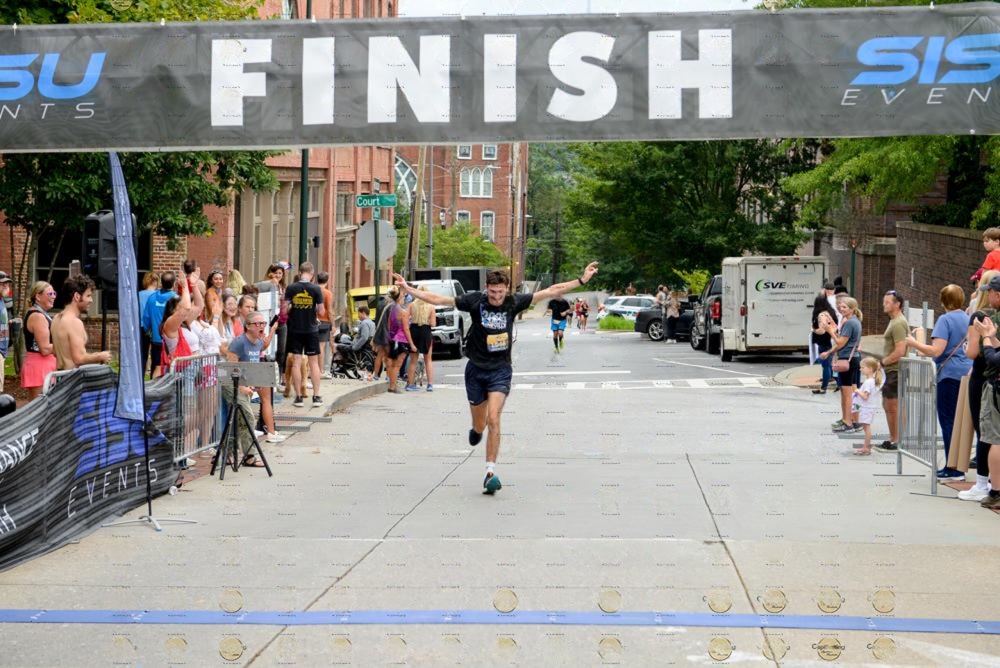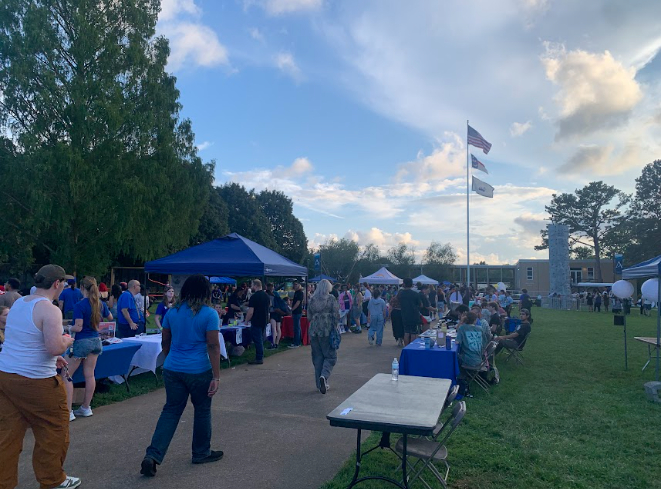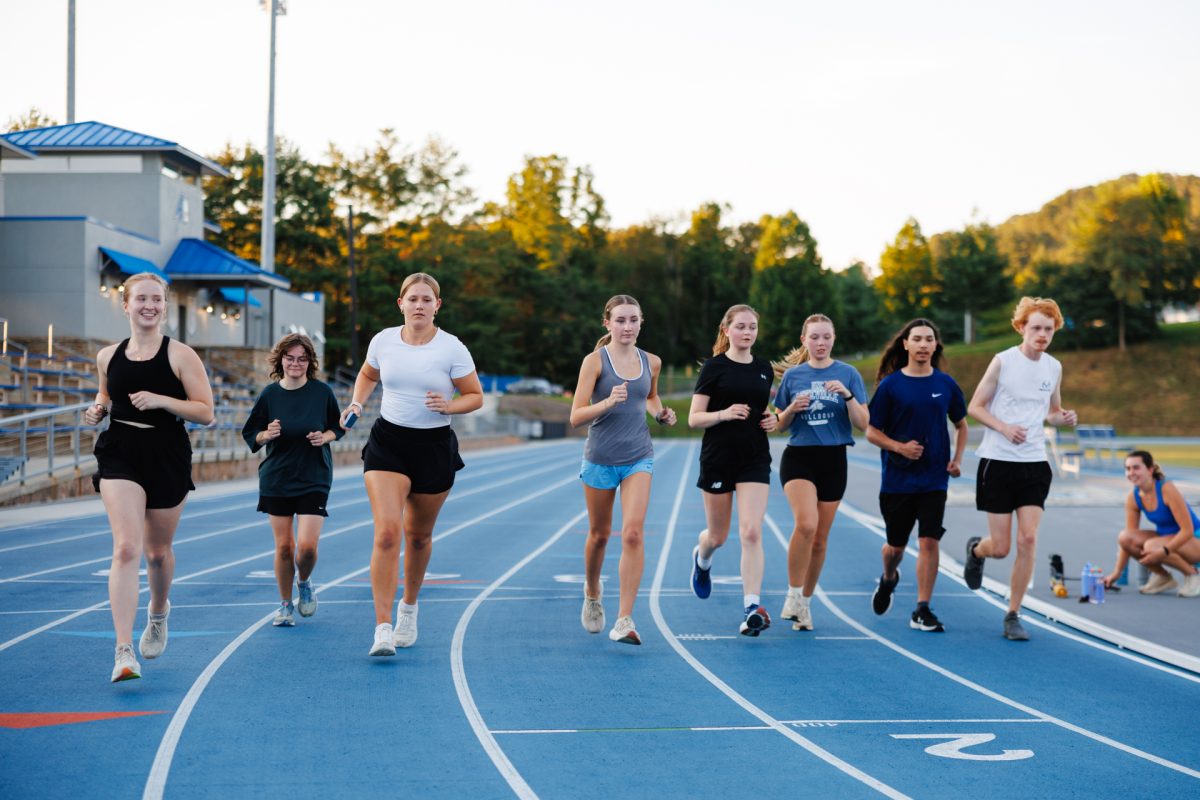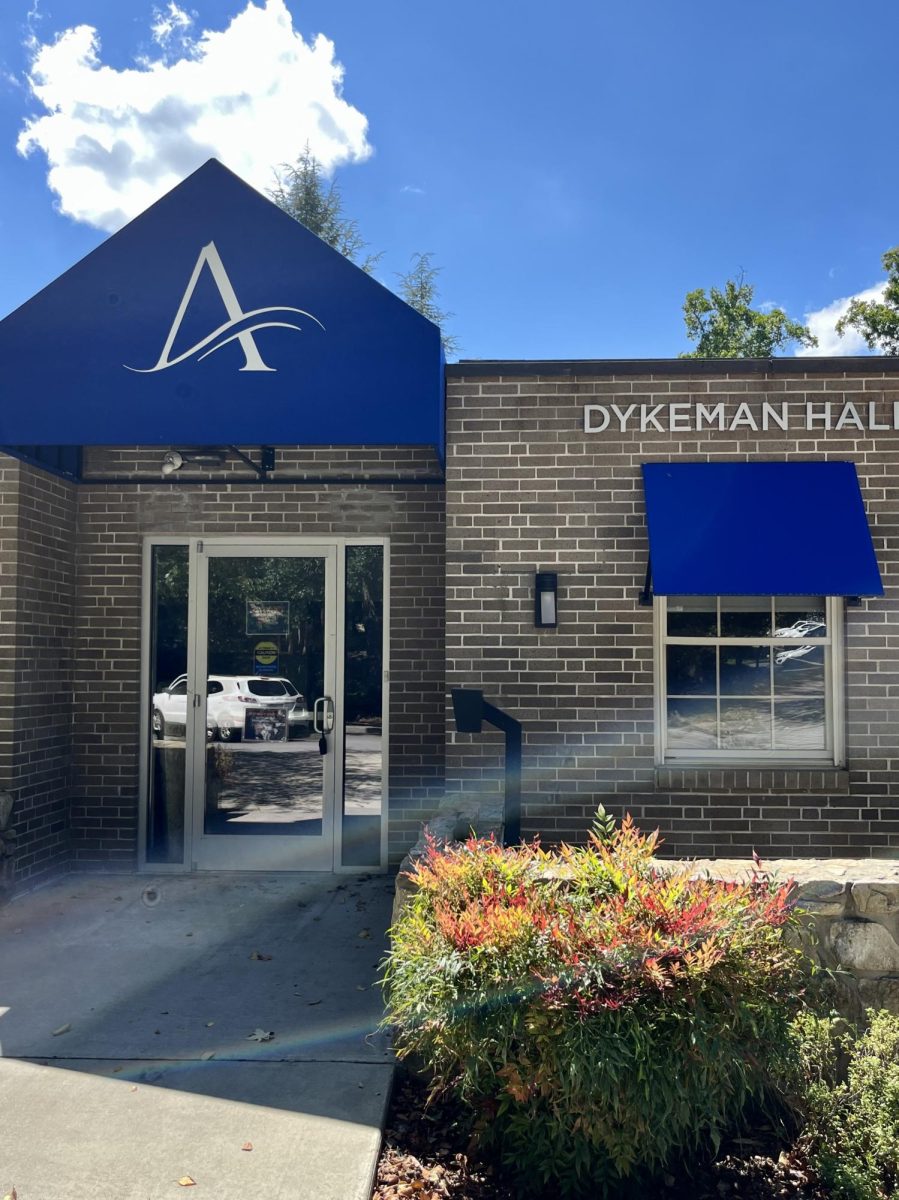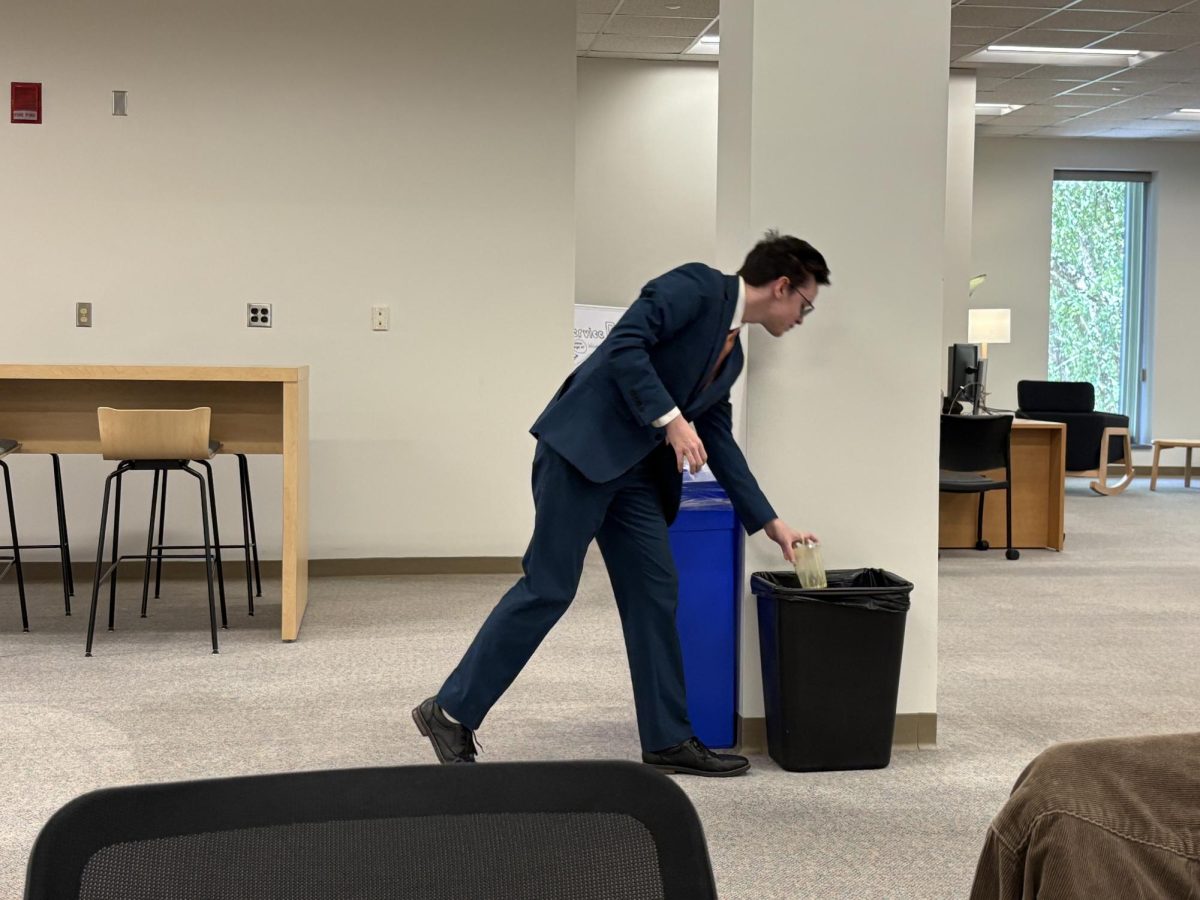Kathryn Devoe
News Staff Writer
[email protected]
Disability is Diversity Week plans include an open-mic night session, a movie, a student panel, discussions and American Sign Language Bingo to bring attention to the subject of disability and help people openly and respectfully communicate about disabilities.
The events set for the week of March 26 to 30 were arranged by the Office of Academic Accessibility, the Disability Cultural Center, the Student Government Association and the Office of Multicultural Affairs.
“It’s important to listen to the voices of disabled students on our campus because we have many students with a disability on this campus that you may not even know that they have a disability just by looking at them,” said Austin Dowdy, executive of academic affairs. “There are many disabilities that are invisible or not visible to the human eye.”
Dowdy, as a member of SGA, worked closely with OAA and the Disability Cultural Center to plan the events.
Carolyn Ogburn, director of accessibility services, said she wants Disability is Diversity Week to bring awareness to disabilities similar to other diversity weeks on campus.
“We just want to raise awareness about the presence of students with disabilities on campus in a positive and interesting way,” Ogburn said. “Just like any kind of cultural week-long celebration.”
Academic Affairs Committee Chair Dora Tovar described the definition of diversity in broader terms.
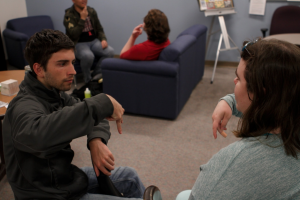
events during Disability is Diversity Week. Photo by Bryce Alberghini.
“I think when people think about diversity they forget that there’s other components other than race. Nowadays in society, saying diverse is equal to race, but there’s more to it,” Tovar said. “Disability is also part of diversity and with that it’s like ableism. There’s different levels that people do things and that doesn’t mean anything bad. It’s just how different people are.”
Disability is Diversity Week events were planned to not all be serious, but include events that can bring all students together, Dowdy said.
ASL Bingo night on March 28, hosted by the ASL club, invites students to participate even if they do not know sign language.
Andy Stein, sophomore and president of the ASL club, explained ASL Bingo.
“You do not necessarily have to learn or understand sign language prior to it,” Stein said. “Its mostly finger spellings. So anyone can basically come and learn from the experience.”
Ogburn said, rather than using verbal language, ASL bingo uses sign language to call out letters and numbers.
The open-mic night, led by Laura Hope-Gill and followed by a showing of Sins Invalid: An Unashamed Claim to Beauty is set for the evening of March 29.
Hope-Gill identifies as a disabled person with hearing loss, and she publically writes about her transition to identification as a disabled individual in her poetry, Ogburn said.
The documentary Sins Invalid: An Unashamed Claim to Beauty focuses on the Sins Invalid performance arts group from San Francisco, who are all disabled.
Artwork, creative writing, musical performances and poetry are encouraged by anyone for this event. Ogburn said it’s about art.
“It’s all about showing up and doing stuff and being who you are in the world. Expressing yourself the way you are, like you don’t have to fit this mold of whatever normal might seem to be,” Ogburn said. “You don’t have to be the way society tells you you need to be. It’s all about really breaking from those molds that tell us what’s normal and what’s not.”
Ogburn said she thinks listening to students with invisible disabilities is important.
“The fact of talking to people who have non-apparent disabilities, I think is so important because that’s most of the people with disabilities on campus,” Ogburn said. “There’s no way of telling.”
The Students with Disabilities Panel on March 27 is another event where the voices of disabled students can be heard. Dowdy said SGA collaborated with the Disability Cultural Center and students speaking at the panel will note the significance of the issues they face as disabled students.
Currently, SGA plans to pass legislation about accommodations and holding themselves accountable to those standards, Dowdy said.
“The bill will be guidelines that we as SGA have to follow to make these events accessible to students with disabilities, including but not limited to closed captioning any sort of videos we present, making sure that disabled students can reach out to us for any accommodations they may need and other things along these lines,” Dowdy said.
Other initiatives of SGA include seeking ASL as a second language option at UNC Asheville. Dowdy said SGA is waiting to hear back from the Dean of Humanities, Wiebke Strehl, about the next steps and the resources the department has to support ASL.
“I think what UNCA is working toward is making sure that all students of all abilities are able to have their needs met without it compromising their education,” Tovar said.
